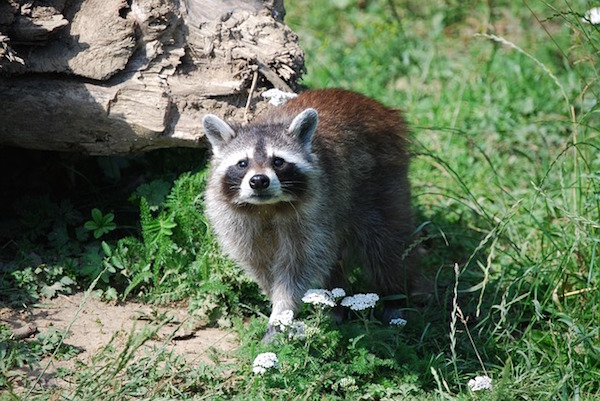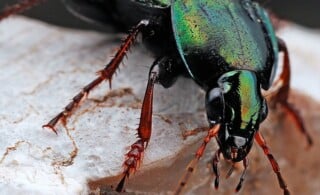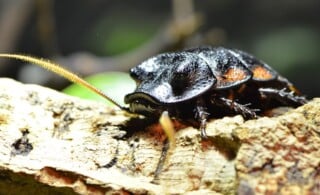
Raccoons are very versatile animals. They will eat almost anything and can live in almost any environment. From city to country, and sea to shining sea, these varmints are a headache for many a homeowner. It’s difficult to find a universal solution to the problems these critters cause. Raccoon removal is different depending on where you live and the kind of trouble they are getting into.
Raccoon Control in Urban Areas
Many city dwellers are more than familiar with raccoons. They can be seen eating out of trashcans, scurrying into gutters, and of course, ruining the occasional garden. The biggest problem with raccoon control in the city, however, comes when they stop being seen and start being heard.
Urban raccoon populations have been displaced from their natural habitat. While the city doesn’t often offer thick woods, a resourceful raccoon can make itself a heck of a bachelor pad in a chimney, attic, or even inside the walls of the house. A raccoon that decides to crash at your place can make a ton of noise, but that’s not the only thing that should concern you. Since they are known to carry diseases such as rabies as well as a host of worms and other parasites, improper raccoon control can also be a health risk.
To control pest raccoons in the city, the best bet is prevention. Make sure that your garbage is tightly secured. Raccoons, like mice or rats, will try to enter anything they can see into. Check around your home to see if there are any places a curious raccoon might find accessible. Take extra time in attics. Examine them during the day to look for light leaks.
Ready to start your raccoon control?
Find ProsIf you already know you have a raccoon living with you, contact a professional. They are much larger than mice or rats (a large raccoon can weigh over 30 pounds). The trapping and disposing of these animals should be handled by someone who is trained to do so.
Raccoon Control in Rural Areas
In the country, a raccoon’s natural habitat is often still intact. Because of this, rural raccoons generally don’t need to seek shelter in people’s houses. Raccoon control in the country is, therefore, often garden or garbage related.
Once again, make sure that your garbage is not easily accessible. Raccoons are dexterous enough to open lids (and sometimes doors). If problems persist, it might be a good idea to build a small enclosure (with a ceiling or roof) to house trashcans. A chain-link housing with a latch that can be locked might seem a bit much, but it will surely keep out even the most clever of critters.
Raccoons often dig in lawns and gardens to look for grubs and earthworms. They also eat crops and small livestock. Trapping and/or exterminating raccoons is more viable in rural areas because it can be done from a distance. In many places, there are seasonal restrictions on these practices, so find out what the laws are in your area. That, however, isn’t for everybody. Despite their negatives, raccoons can still be kind of cute. If your lawn or garden is not already fenced in, a barrier of some sort might be the answer. A fence could be enough of a deterrent to make the raccoons find other food sources without the hassle (heartache?) of dealing with a trapped or expired animal.
 A Homeowner’s Guide to Entomology and House Insects
A Homeowner’s Guide to Entomology and House Insects  Roach Control the Natural Way
Roach Control the Natural Way  Getting Rid of Raccoons: Problems and Solutions
Getting Rid of Raccoons: Problems and Solutions  Flea Control & Prevention
Flea Control & Prevention  Bed Bug Extermination: How to Bite Back!
Bed Bug Extermination: How to Bite Back! 

Are You Familiar With This Topic? Share Your Experience.